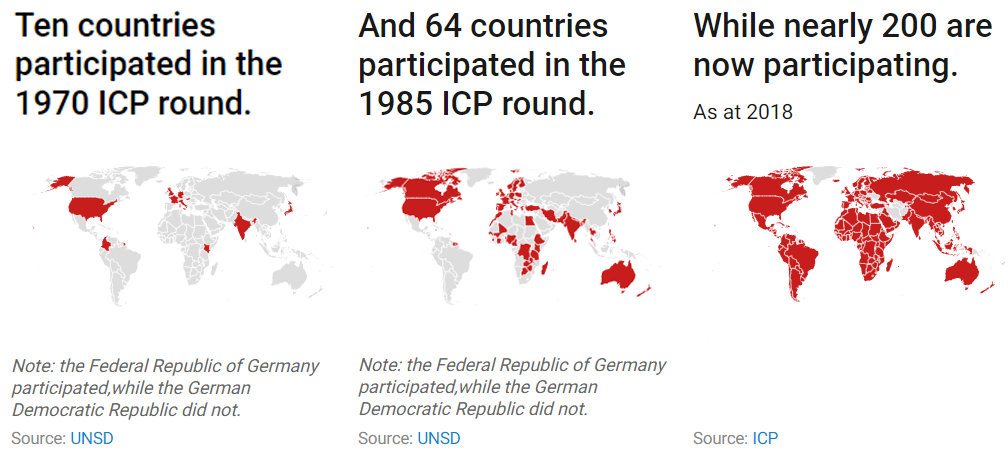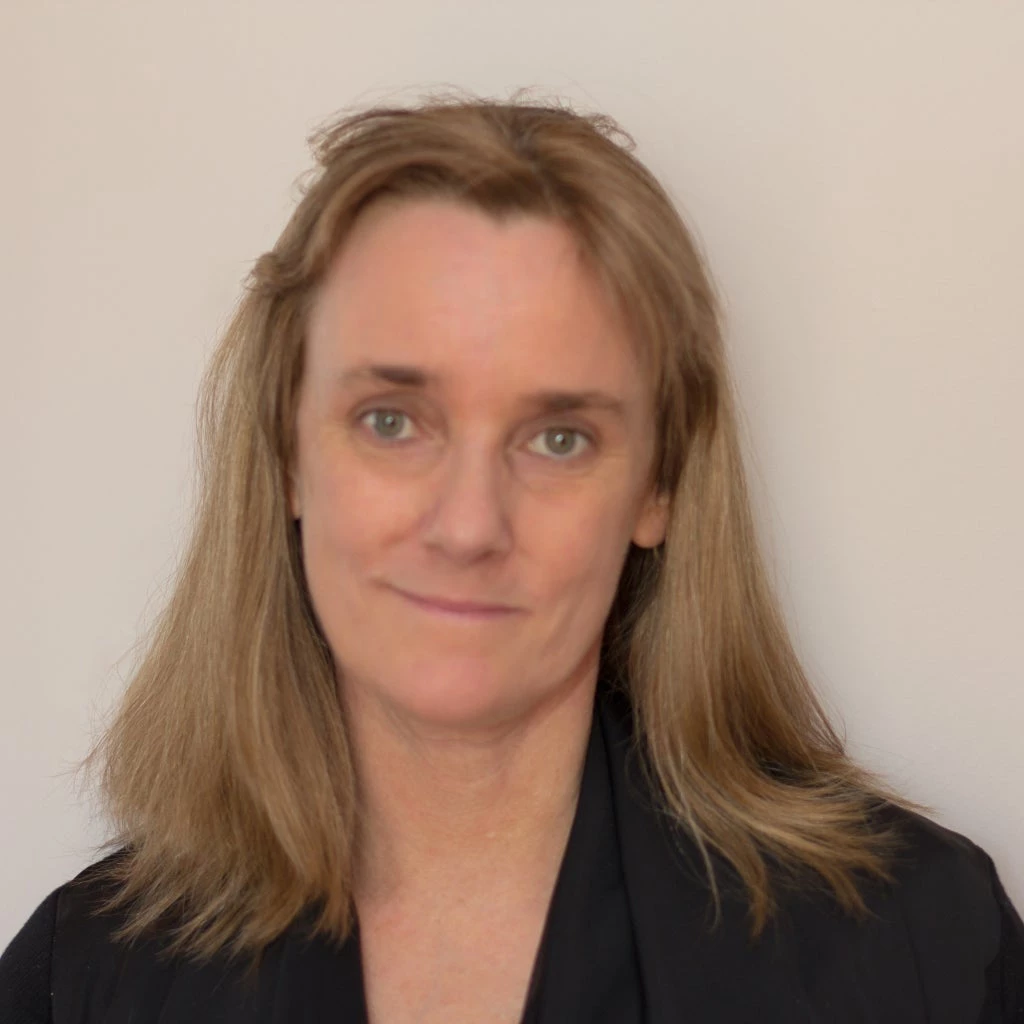The ICP blog series explores ideas and issues under the International Comparison Program umbrella – including innovations in price and data collection, discussions on purpose and methodology, as well the use of purchasing power parities in the growing world of development data. Authors from across the globe, whether ICP practitioners or researchers making use of ICP data, are encouraged to submit relevant blogs for consideration to icp@worldbank.org.
A visitor to the World Bank’s atrium on May 23, 2018 would have seen a who’s who of eminent economists and statisticians congregating to celebrate the 50th anniversary of the International Comparison Program. Organized by the Global ICP Unit based in the World Bank in Washington, D.C, a large local, and virtual, audience gathered to hear the thoughts and reflections of major ICP players at the “50 Years of Measuring World Economies” event.

After an introduction by World Bank Group’s Chief Executive Officer Kristalina Georgieva, Sir Angus Deaton, the 2015 Nobel Laureate in Economics and Chair of the ICP Technical Advisory Group (TAG), delivered a captivating keynote speech emphasizing how purchasing power parities were identified as crucial to measuring economies and poverty in 1968, and remain the cornerstone of today’s future-looking agenda for sustainable development.
Georgetown University Provost Robert M. Groves joined Deaton on stage along with Shanta Devarajan and Hashain Fu of the World Bank, to discuss the challenges and opportunities awaiting the international development community, and how investing in evidence-gathering and robust measurement was paramount to success in meeting the ambitious goals the community has set itself.
Larry Summers, the 71st Secretary of the US Treasury, shared a recorded tribute with the audience, recalling how his father, ICP co-founder Robert Summers, patiently explained to him as a child how exchange rates were inadequate to make robust comparisons between countries, and how this recognition catalyzed the ICP founders’ efforts to collect price data from ten countries back in 1968. Larry reflected that those involved at its inception would have been thrilled at how the ICP has evolved to become one of the most important global public goods, and how they could not have imagined, in the late 1960s, the complexity and breadth of the data collection and methodology now employed, nor the response from the economic, policy, financial and research community that use purchasing power parity data daily for analyses of income, living standards and a plethora of other pertinent development issues.


A video and poster presentation produced by the World Bank for the occasion neatly showcased the history and impact of the ICP and a recording of the event is available here. The hashtag #ICP50th followed the excitement of the wider twitter world as the event unfolded.




Join the Conversation